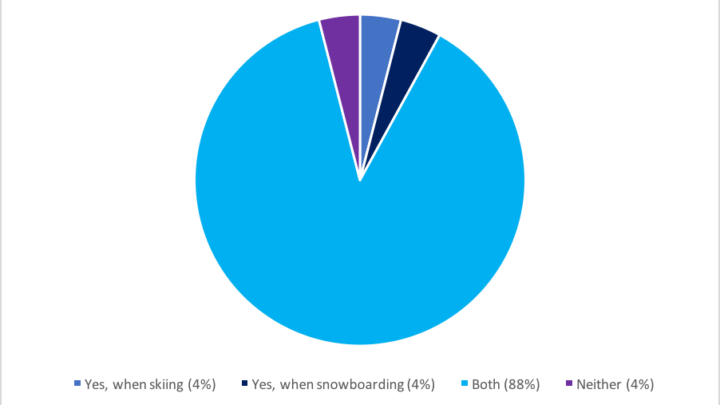
The journey of becoming a doctor is an arduous one. Successfully graduating from medical school and then completing a residency are some of the biggest challenges an individual can face and accomplishments they can achieve – and that’s only the beginning.
Sermo is a place where doctors can seek out support and validation from their peers, and it is the perfect place for new doctors, or doctors who have recently made big changes in their lives, to ask colleagues with experience for advice regarding navigating this challenging and sometimes taxing career path. A doctor recently posted:
I moved from the west coast to midwest to do a cardiology fellowship. Besides the changes in scenery and weather, there is a lot of cultural differences that I notice at work. One is the way some of the attendings hold themselves. They can get away with yelling, being intimidating or downgrading…
I have tried not to react to this type of behaviour but it definitely drains some energy.
Is this something worth discussing with program director? Thanks much
Many Sermo physicians responded with a variety of feedback and stories of similar encounters they’ve faced:
“Do the best you can, then always try to do better. Arrive early, be prepared, stay late, do your charts, know your cases, and be the example.” – Occupational Medicine
“Shouting and yelling at people in a workplace is wrong, plain and simple. It should be stopped, but making a complaint can sometimes make things worse for the person reporting the issue if said person is being perceived as a trouble-maker.” – General Practice
“Smaller hospitals sometimes tend to be more enriched with those who display semi-professional behavior. You will also have to pick your battles carefully. You are likely to prevail only in the case of the most egregious behavior or if there is a pattern of such behavior with multiple people. Most of the time, write it down, and try to let it pass. There are enough headaches in medicine.” – Hematology Oncology
“I had an attending chew us residents out about something right in front of the patient in clinic, and that patient apologized to us, said she didn’t approve of his behavior, and left! Said she didn’t want a doc like that to take care of her. So sometimes it works out!” – Ophthalmology
“The disturbing behavior appears to involve a few or several Attendings. Do the other Fellows share your sentiments? You might want to ask your peers for advice as you would not want to be the sole voice of discontentment.” – Gastrointestinal Surgery
“If you intend to survive your fellowship you’d best learn to deal with all types of personalities.” – Otolaryngology
“Yelling, screaming and prima donna behavior was common in the people who trained me. It seemed become less over time… If you are better than they are that will become clear over time. If not, you will likely wind up yelling and intimidating folks to control them.” – Radiology
“This kind of behavior on the part of a senior doctor is not going to help build character. With vulnerable people this sort of abuse can promote burnout, depression and suicide as we have been learning. So maybe talk to HR about the options. If there is a pattern, or a track record some advice may be helpful.” – Psychiatry
“Don’t waste your time arguing with the attendings, try to find a way around.” – Rheumatology
“If you complain too much, you may invite a lot of unwanted, subjective scrutiny by your tormentors.” – Intensive Care
“I actively try to practice improving my patience and cool demeanor. I take some pride in not losing my cool.” – Pathology
Are you a physician who wants to join the #1 global social network for doctors? Login or join Sermo to share your experiences and get support from other doctors from around the world!













